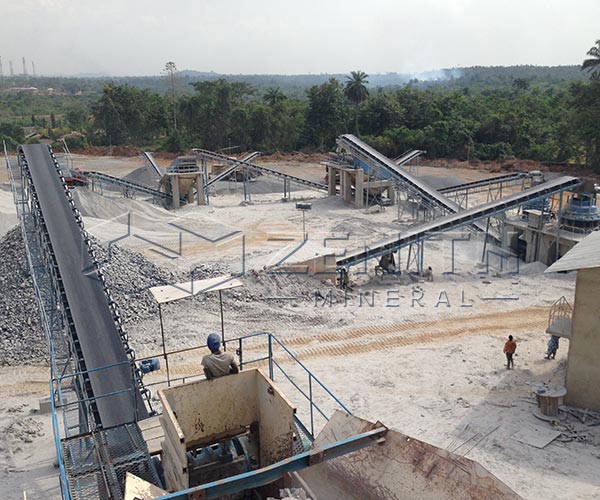
Stone crushers are vital for breaking down large rocks into smaller sizes, such as gravel, sand, or rock dust, used in construction and infrastructure projects. In Ethiopia, the demand for aggregates has surged due to initiatives like the 2013 housing construction plan in Addis Ababa, which aimed to build 3,000 houses over five years.
Quarry operations, particularly around Addis Ababa, Bahir Dar, Dire Dawa, and Mekelle, rely heavily on crushers to process materials like basalt and limestone. The choice of crusher—whether jaw, cone, impact, or mobile—depends on the project’s scale, material type, and desired output size.
Several factors affect the cost of stone crusher machines in Ethiopia.
Based on market data, here are indicative price ranges for stone crushers in Ethiopia (in USD, as of 2025):
Prices vary based on specifications, such as input/output size, motor power, and additional features like automation or dust suppression systems.
Several models dominate Ethiopia’s quarry market. Zenith’s Mobile Crushing Plant (100-120 TPH) is favored for its easy transportation and quick installation, costing around $350,000-$450,000. It processes limestone and granite, producing aggregates of 0-6mm, 5-14mm, and 14-25mm.
Zenith’s Jaw Crusher (80-1500 TPH), priced at $150,000-$300,000, offers robust construction and low maintenance, ideal for large-scale mining.
Zenith’s Mobile Jaw Crusher (120-150 TPH), at $200,000-$400,000, features intelligent control systems for precise operation. These models are tailored to Ethiopia’s needs, with local support from manufacturers’ branches in Nairobi.
To manage costs, quarry operators can adopt several strategies. Choosing the Right Capacity ensures the machine matches project demands—overcapacity leads to underutilization, while undercapacity causes bottlenecks.
Opting for Mobile or Portable Crushers reduces transportation costs for aggregates, as these machines can operate on-site. Finally, Regular Maintenance—such as replacing jaw plates and checking conveyor belts—prevents costly breakdowns and extends machine life.
The stone crusher market in Ethiopia faces challenges like high import costs and fluctuating raw material prices, which can affect purchasing power.
Depleting quarry reserves also pose a long-term risk. However, opportunities abound due to ongoing infrastructure projects and urbanization. The demand for sustainable practices, such as dust suppression and water harvesting, is driving innovation in crusher designs.
Selecting the right crusher involves assessing project needs. Material Type determines the crusher type—jaw crushers for hard basalt, impact crushers for softer limestone. Output Size requirements dictate whether primary, secondary, or tertiary crushers are needed.
Mobility Needs favor mobile or portable crushers for contractors. Budget Constraints should balance initial costs with long-term savings from efficient, durable machines.
The future of Ethiopia’s stone crusher market looks promising, with sustained demand for aggregates. Prices may stabilize as local manufacturing grows, reducing reliance on imports.
Technological advancements, such as energy-efficient crushers and automated systems, could increase upfront costs but lower operating expenses. Quarry operators should stay informed about market trends and government policies to make strategic investments.
We have jaw crushers, impact crushers, cone crushers, sand makers and so on.
Mon - Sun, 0:00 - 24:00
24h Online Service
© Zenith. All Rights Reserved. Designed by
